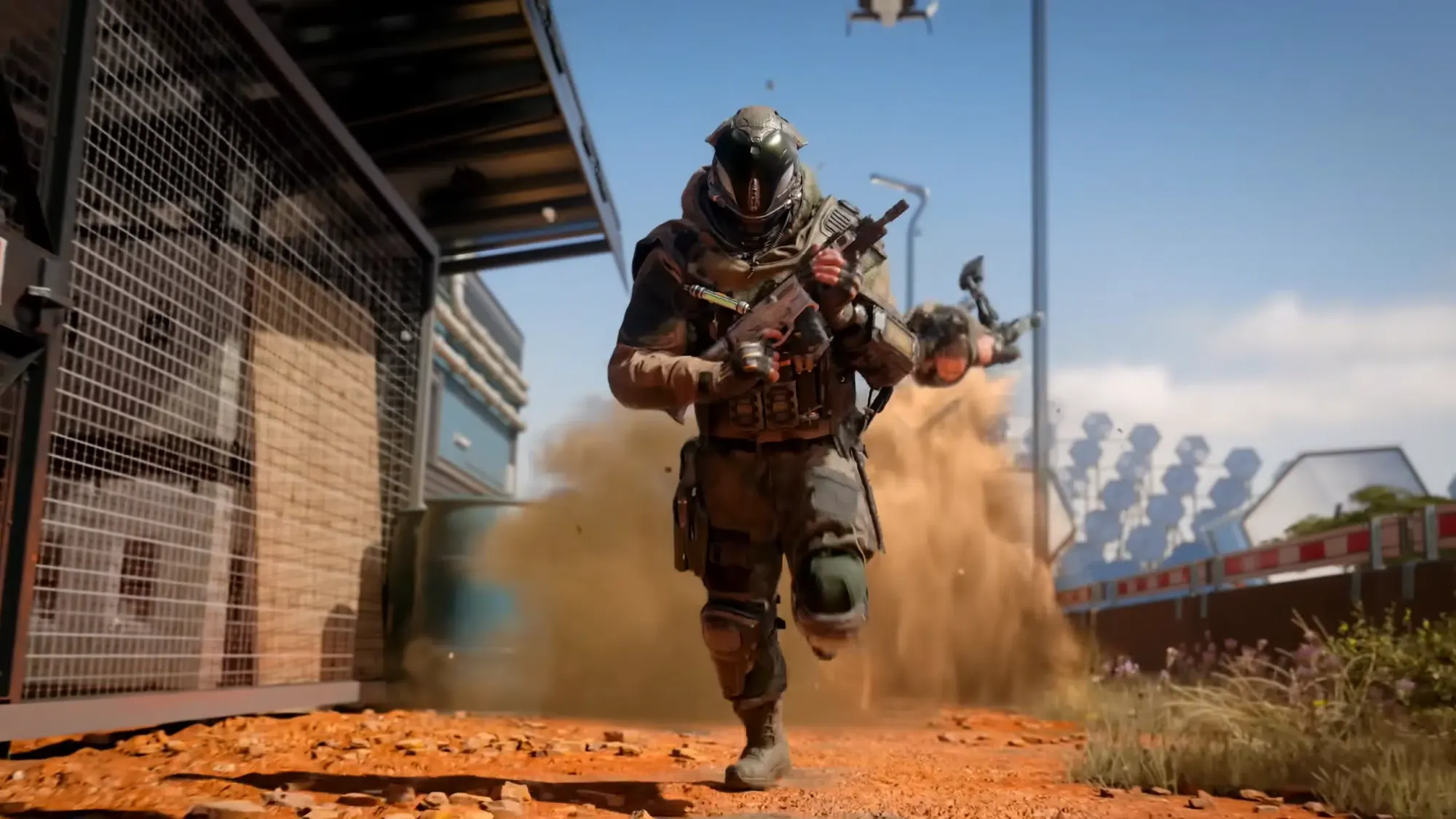Treyarch has added a second multiplayer queue to the Black Ops 7 beta: Open Moshpit. It sits alongside the standard Moshpit and uses “classic” matchmaking where player skill is minimally considered. The intent is straightforward—deliver more varied lobbies and outcomes without the constant pressure of tightly tuned skill buckets.
What Open Moshpit actually changes
Open Moshpit mirrors the core Moshpit rotation but relaxes the skill filter dramatically. You’ll see a broader mix of player abilities in the same lobby, which means more swingy games—sometimes you’ll run into a standout fragger, other times you’ll face opponents still finding their footing.
| Playlist | Skill consideration | Modes | Expected feel |
|---|---|---|---|
| Moshpit | Standard (tighter) | Team Deathmatch, Kill Confirmed, Domination, Hardpoint, Overload | Closer matches, fewer blowouts, higher baseline intensity |
| Open Moshpit | Minimal (looser) | Team Deathmatch, Kill Confirmed, Domination, Hardpoint, Overload | Wider skill spread, more lopsided games possible, less predictable outcomes |
Note: Open Moshpit is a beta addition. The studio is using it to gather data and feedback before launch decisions are set.

Why SBMM keeps splitting the community
Call of Duty’s modern multiplayer lives at the intersection of two truths that are hard to reconcile:
- Closer matches are less frustrating for most players most of the time.
- Not every match needs to feel ranked.
That’s the core argument. From there, the friction branches into a few consistent pain points raised by players:
- Reactivity and the “yo-yo.” Pop off for a game or two, then get pulled into much tougher lobbies, then drop back down. That fast swing can feel like you’re being penalized for performing well rather than being measured over longer spans.
- Team balancing by averages. A single standout on one side with significantly weaker teammates can create matches that feel preordained—either a carry attempt or a slow bleed-out.
- Connection vs. skill. When skill buckets tighten, your viable pool shrinks. For some players that means higher ping lobbies and less consistent hit registration—often cited as worse than facing tougher opponents.
- Playing with friends. Mixed-skill parties frequently get pulled toward the highest-skilled teammate’s lobbies, turning casual nights into uphill battles for everyone else.
- Disbanded lobbies. The loss of persistent post-match rematches removes the social glue—rivalries, run-backs, and a sense of session identity.
Layer Call of Duty’s streak mechanics on top—rewards that snowball advantage—and big skill gaps can turn into steamrolls quickly in a no- or low-SBMM environment. That’s part of why many players want “looser,” not “absent,” skill consideration.

What Open Moshpit will and won’t solve
Open Moshpit gives players a pressure valve—a place to try off-meta guns and oddball strategies without expecting every lobby to be a mirror match of your exact skill level. It will not, by itself, address the common systemic complaints.
- It will: increase match variety; create more blowouts and comebacks; reduce the immediate “you did well, now suffer” feeling for some players.
- It won’t: fix high-ping placements when the player pool is limited; restore persistent lobbies on its own; prevent lopsided teams; ensure that mixed-skill parties feel balanced.
There’s also a behavioral wrinkle: average and below-average players typically avoid queues that produce more stomps. That can concentrate higher-skill players together in Open Moshpit, making the playlist feel tougher than expected at certain times of day. Don’t be surprised if your experience swings based on who opts in.
How to pick the right playlist for your session
- Choose Moshpit if you want consistent, closer games; you’re learning new maps or mechanics; you’re playing with lower-skilled friends and want a narrower skill band.
- Choose Open Moshpit if you want lobby variety; you’re experimenting with non-meta loadouts; you prefer a “classic” feel where skill is less of a gate to matchmaking.
Tip: If Open Moshpit feels indistinguishable from the standard queue, it likely means your sessions already trend around the middle of the active population—or that the opt-in pool at that moment skews toward your skill band.
What to watch during the beta window
- Match flow. Track whether you still see the quick win → loss → win cadence, or if the looser queue breaks that rhythm.
- Connection quality. Note ping stability across both playlists. If skill filters have been gating you into higher latency lobbies, Open Moshpit may widen your server options.
- Party impact. If you usually drag friends into tougher games, test whether Open Moshpit changes that experience—or whether it amplifies skill gaps.
- Loadout freedom. Use the looser queue to try off-meta weapons and builds. If you feel compelled to run only top-tier kits, the playlist may not be delivering what you want.
Open Moshpit is a simple, useful experiment: keep a tightly balanced queue for players who want consistency, and add a looser lane for those who miss the unpredictability of older lobbies. It won’t resolve the deeper debates around session reactivity, team balancing, connection quality, or disbanded lobbies. But it does give you a choice—and in a series where the definition of “fun” changes dramatically from one player to the next, that’s the most honest place to start.

